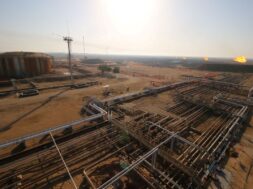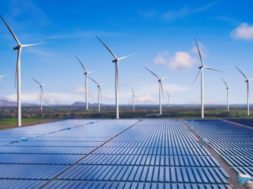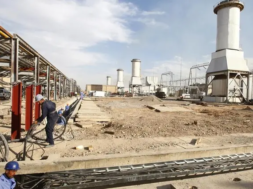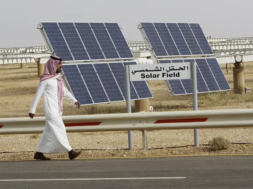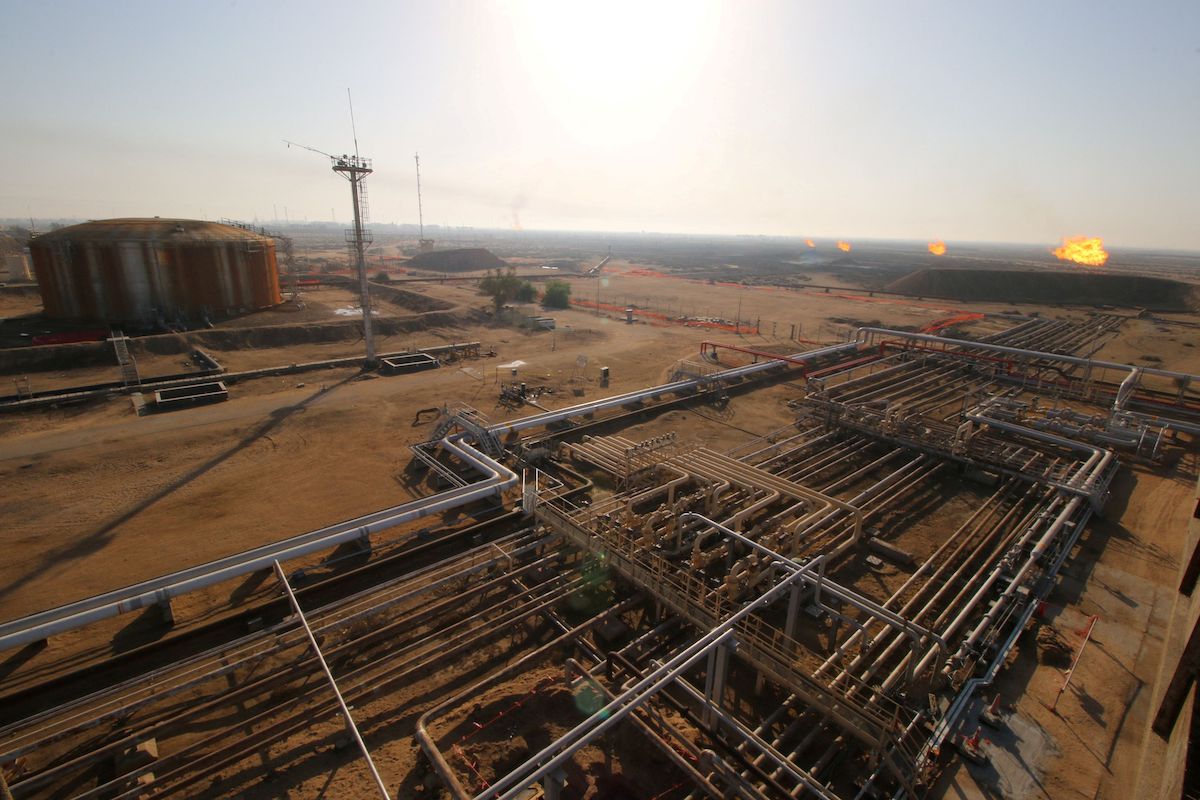
Iraqi oil officials fear further consolidation of fields by Chinese companies could accelerate an exodus of Western oil companies
Iraq is drawing a line in the sand when it comes to further Chinese investments in its oilfields.
Last year, Iraq’s Ministry of Oil put the brakes on efforts by U.S. firm Exxon Mobil and Russia’s Lukoil to sell stakes in major Iraqi oilfields to China, shutting down three prospective deals that would have given Chinese state-run firms more control.
The United Kingdom’s BP Oil also considered selling a stake to a Chinese state-backed company, but Iraqi officials persuaded BP to remain with Iraq using its veto power which allows the government to withhold approval for oil deals.
Iraq sits on the fifth-largest oil reserves in the world, with oil revenue accounting for 99% of its exports, 85% of the country’s budget and 42% of its GDP, according to the World Bank.
China already dominates Iraq when it comes to investments under the Belt and Road Initiative (BRI), China’s signature foreign policy mission. The Chinese Communist Party launched the BRI in 2013 as a global infrastructure and economic development project seeking to advance China’s geopolitical ambitions.
In 2021, Iraq was by far the largest recipient of BRI construction projects, with agreements made between China and Iraq reportedly worth $10.5 billion. Projects include China building the Al Khairat Heavy Oil Power Plant in south-central Iraq, a ground-mounted solar project called Power China Solar PV Park, and China’s Sinopec will develop the Mansuriya gas field near Iran’s border.
Other projects include the rehabilitation and development of the Nasiriyah International Airport in Dhi Qar province and the building of some 8,000 schools in Iraq over the next several years in exchange for Iraqi oil. All these energy-related projects mean that Iraq is now China’s third-largest Belt and Road partner in energy engagement, just after Russia and Pakistan.
When it comes to its oilfields, however, Iraq fears that China’s increasingly dominant position could mean the loss of important investments from Western countries.
“Iraq’s government and officials at state-run firms are concerned that further consolidation of fields in the hands of Chinese companies could accelerate an exodus of Western oil companies,” according to seven Iraqi oil officials and executives in an interview with Reuters. The fear is that “China’s dominance could make Iraq less attractive for investment from elsewhere,” officials added.
“We don’t want the Iraqi energy sector to be labelled as a China-led energy sector and this attitude is agreed by government and the oil ministry,” an Iraqi official said.
That is not only true for Iraq, but also for the U.S. State Department, which stated that if U.S. oil company Mobil Exxon pulled out of Iraqi oilfields, it would leave a vacuum that Chinese state firms would fill, Reuters reported.
“We regularly engage with our Iraqi counterparts on fostering an environment conducive to private sector investment,” a State Department spokesperson said.
The trend of Western (and other) oil companies pulling out of Iraq is not new. In 2018, British oil and gas company, Shell, decided to pull out of Iraq’s large Majnoon oilfield. Executives told Reuters that the “exodus” of non-Chinese oil companies from Iraq is happening because oil companies “are increasingly focused on the energy transition and more profitable plays elsewhere. They also want better terms to develop fields.”
“Many of the energy majors are looking at the carbon emissions, their ability to generate cash flows if commodity prices are low, and they’re looking at improving returns,” said Ian Thom, a research director at Wood Mackenzie consulting firm. “As the priorities of the energy companies are changing, the relative attractiveness of Iraq is changing.”
China’s state-run companies, on the other hand, are less concerned with getting better terms and making profits for investors. Instead, they are more focused on securing oil supplies for China’s growing economy, a Chinese oil executive told Reuters.
